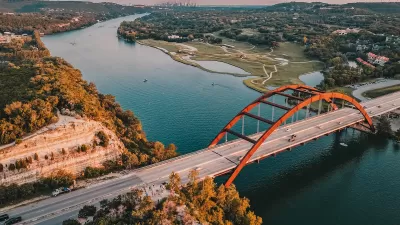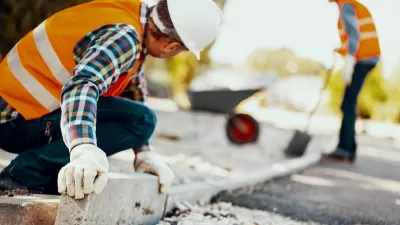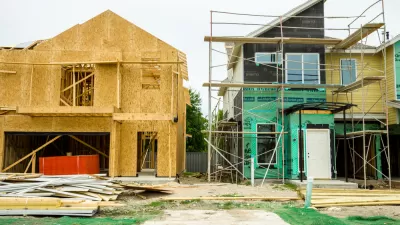Rob Palter shares insights from a recent round of interviews with "government leaders, private investors, and private operators in the field of infrastructure" about how the United States can improve the poor state if its infrastructure.
When it comes to improving U.S. infrastructure, "regulatory and political issues stall the process, prolonging construction and development," according to Palter's article. "Some of this is inevitable and positive, such as improved environmental planning and better safety standards. But in too many cases, projects undergo death by a thousand meetings. Most solutions to these process problems have tended to be legislative in nature (e.g., PPP frameworks, new infrastructure delivery organizations, creative tax or financing structures) and generally fail to get implemented or get implemented in a sub-optimal manner."
Drilling down on some of the specifics, here are a few examples of how to improve the planning process (the article goes into a lot more detail in these areas:
- Shorten the planning process
- Shift risk toward the private sector
- Be a pioneer
- Think about how not to build
FULL STORY: Improve America’s infrastructure quickly? Yes, we can

Planetizen Federal Action Tracker
A weekly monitor of how Trump’s orders and actions are impacting planners and planning in America.

Restaurant Patios Were a Pandemic Win — Why Were They so Hard to Keep?
Social distancing requirements and changes in travel patterns prompted cities to pilot new uses for street and sidewalk space. Then it got complicated.

Map: Where Senate Republicans Want to Sell Your Public Lands
For public land advocates, the Senate Republicans’ proposal to sell millions of acres of public land in the West is “the biggest fight of their careers.”

Maui's Vacation Rental Debate Turns Ugly
Verbal attacks, misinformation campaigns and fistfights plague a high-stakes debate to convert thousands of vacation rentals into long-term housing.

San Francisco Suspends Traffic Calming Amidst Record Deaths
Citing “a challenging fiscal landscape,” the city will cease the program on the heels of 42 traffic deaths, including 24 pedestrians.

California Homeless Arrests, Citations Spike After Ruling
An investigation reveals that anti-homeless actions increased up to 500% after Grants Pass v. Johnson — even in cities claiming no policy change.
Urban Design for Planners 1: Software Tools
This six-course series explores essential urban design concepts using open source software and equips planners with the tools they need to participate fully in the urban design process.
Planning for Universal Design
Learn the tools for implementing Universal Design in planning regulations.
Heyer Gruel & Associates PA
JM Goldson LLC
Custer County Colorado
City of Camden Redevelopment Agency
City of Astoria
Transportation Research & Education Center (TREC) at Portland State University
Camden Redevelopment Agency
City of Claremont
Municipality of Princeton (NJ)





























